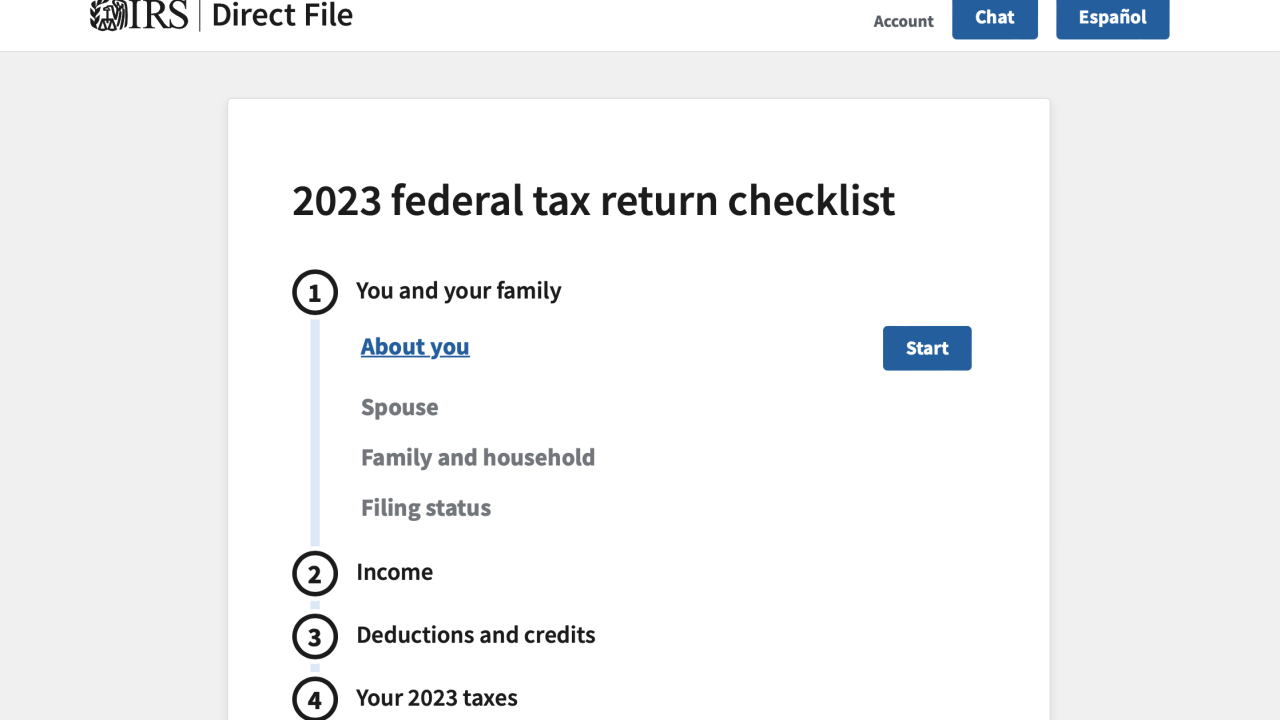The Tax Code has contributed to rising income inequality in recent decades as middle- and lower-income Americans have seen their incomes stagnate while the wealthiest have experienced staggering income growth, according to a new report.
The
Since the last major tax reform in 1986, the number of loopholes, special preferences and the volume of the Tax Code have ballooned, resulting in a system widely considered to be inefficient, complex, and unfair, as well as an impediment to growth, the report noted.
“Drawing a page from successful prior reform efforts, advocates of comprehensive tax reform generally urge that we broaden the base and lower rates,” said the report. “However, the current economic context for tax reform is far more challenging than it was in 1986. Most immediately, the economy is still in the midst of a slow recovery with an unemployment rate that remains too high. Even with robust rates of job growth, it will take years to close the jobs gap. An important role of fiscal policy in the near term is to support recovery in the labor market.”
The report acknowledged that while a larger number of families do not pay federal income taxes nowadays, it took issue with the idea that these households do not pay any form of taxes, as many suggest. “In fact, most Americans pay more in payroll taxes than in income taxes,” said the report. “Those who pay no federal taxes—on payroll or income—are disproportionately young (such as students who will pay taxes after they join the workforce) or old (such as retirees who paid taxes over their lifetimes), or temporarily out of work.”
The report argues that cutting individual income tax rates would modestly increase the earnings of the typical American family, but substantially increase the federal budget deficit.





